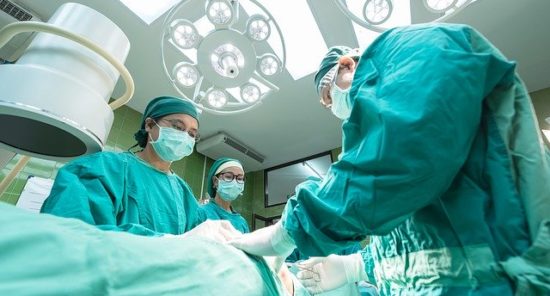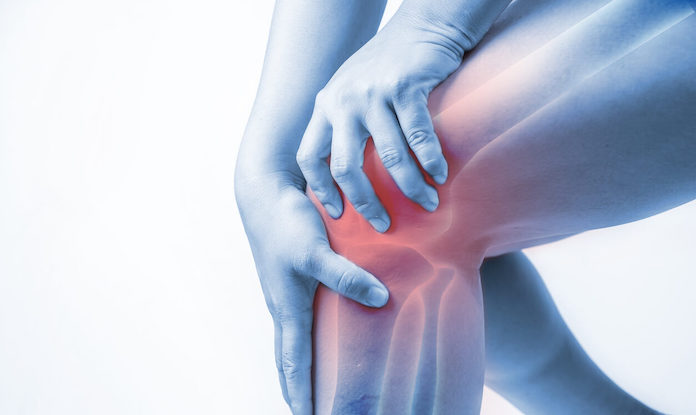Microplastic particles, found in water, food, and air, are infiltrating various parts of the human body, including the gut, liver, kidneys, and brain. University of New Mexico researchers discovered that these particles can cross the intestinal barrier and alter metabolic pathways in these tissues. The researchers exposed mice to microplastics in their drinking water, finding that these particles migrated from the gut to other organs and changed their metabolic pathways.
Their research also reveals that microplastics impact immune cells, like macrophages, altering their function and promoting inflammatory responses. This could exacerbate conditions such as ulcerative colitis and Crohn’s disease. This ongoing research explores how diet influences microplastic uptake and how these particles change gut microbiota. They aim to understand the broader health implications of microplastics, hoping this work will prompt societal changes in plastic production and filtration, while suggesting that microplastic exposure could have far-reaching health consequences.
Reference: Roman San N. Microplastics Make Their Way from the Gut to Other Organs, UNM Researchers Find. The University of New Mexico Health Sciences Newsroom. Published April 12, 2024. Accessed May 20, 2024. https://hsc.unm.edu/news/2024/04/microplastics-in-organs.html
Link: https://hsc.unm.edu/news/2024/04/microplastics-in-organs.html









